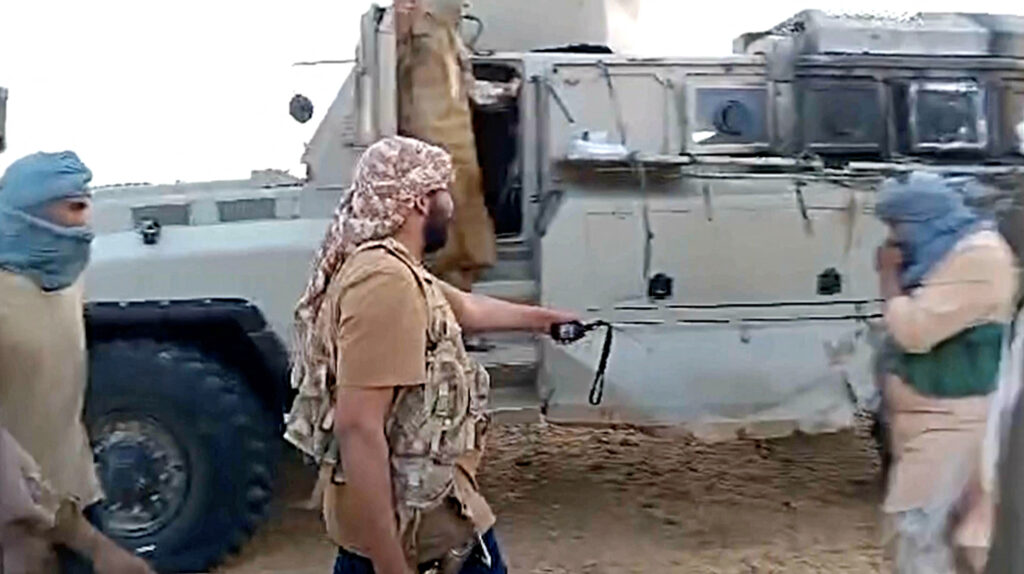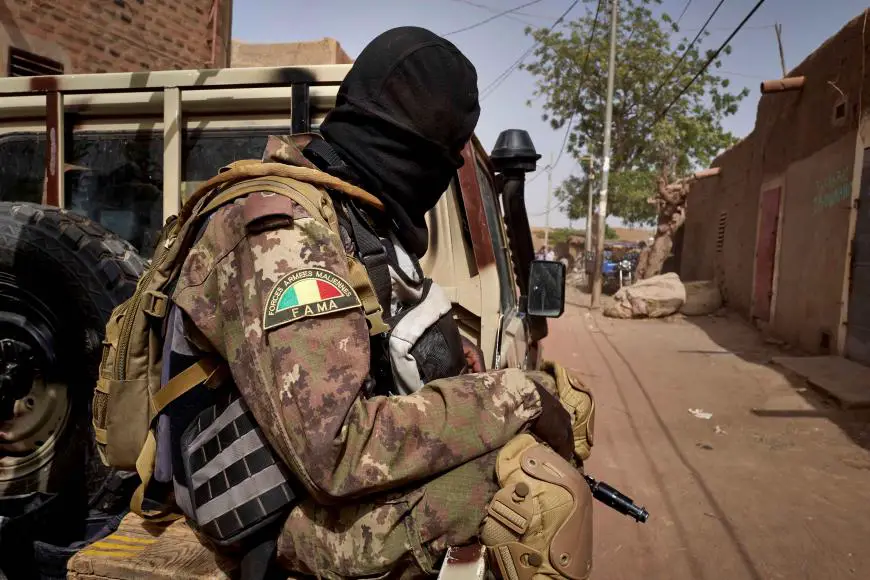Uncertainty continues to shroud Mali’s security situation Wednesday, a day after insurgents launched a bold assault on an elite police training academy and other strategic locations in the capital, including the airport.

The attack, claimed by Al Qaeda affiliate Jama’a Nusrat ul-Islam wa al-Muslimin (JNIM), resulted in an unconfirmed number of casualties and significant damage to military assets. State television reported “some” deaths on Tuesday evening, but the government has not released an official death toll.
Flights resumed Wednesday morning at Bamako’s main airport, the site of much of the violence. JNIM claimed in a statement that “hundreds of enemy soldiers were killed and wounded” and that six military aircraft, including a drone, were destroyed, with four others partially disabled.
The assault, which coincided with the 64th anniversary of Mali’s gendarmerie founding, came just days after junta leader Assimi Goita declared that his army had “considerably weakened armed terrorist groups.”

Analysts and diplomats described the attack as a major blow to the junta’s credibility. “In my personal opinion, this is seriously impacting their credibility on the security front,” a diplomat in Bamako told Reuters.
The United Nations, in a note to staff, called the incident a “strong show of force” by JNIM, suggesting the attack was likely planned in advance due to its timing and specific targets.
The assault’s ambition has raised concerns about Mali’s counter-insurgency strategy. Jean Herve Jezequel, Sahel Project Director at International Crisis Group, noted, “Even if it does not ruin all the Malian army’s efforts to redeploy these last few years, it is a serious blow that stresses the absolute need for serious adjustments in the Malian counter insurgency strategy.”
As Mali grapples with the aftermath of this attack, questions remain about the effectiveness of its security measures and the potential public reaction to these events.



